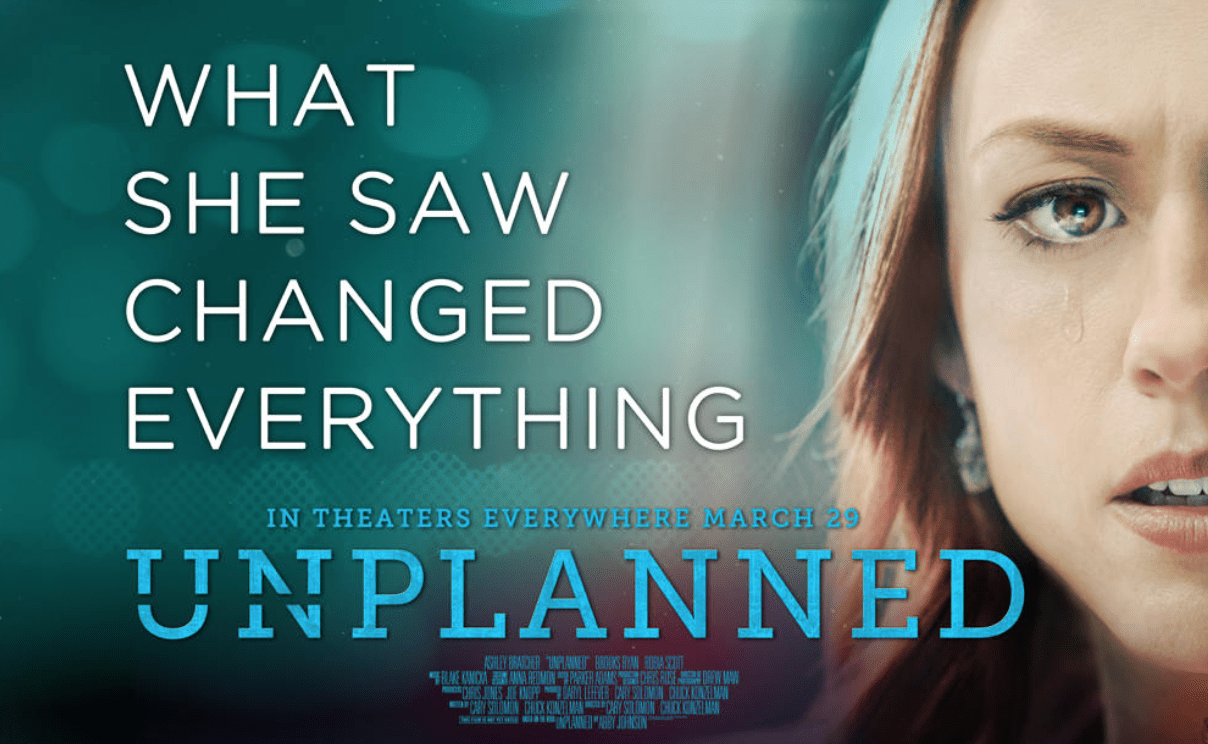Would you like to know why the Conservative Party could not re-open the abortion debate in Canada, even if they wanted to? Because the Liberals have already re-opened it. And they're giving every indication that they have no intention of closing it again.
The latest in the Liberals' endless stream of reminders of their pro-choice bona fides comes from Katie Telford, chief of staff Prime Minister Justin Trudeau. Last week, she griped on Twitter that the controversial anti-abortion movie Unplanned will be screened in 24 theatres across Canada "thanks to the support received by federal Conservative politicians." Despite giving no indication that the government has made or will make any effort to restrict the film, or that she wishes it could, she received a flood of accusations of attempted censorship. Not to be outdone, Liberal MP Maryam Monsef made her own bad-faith contribution, demanding that Conservative Leader Andrew Scheer pledge to stop his pro-Unplanned backbenchers from pushing anti-abortion legislation.
If you don't know anything about Unplanned, other than that it has an anti-abortion message, you'd be right to think Telford doth protest too much. But despite the scoffs of the likes of Conservative MP Brad Trost, Unplanned is controversial for many reasons not controversial enough to merit a ban, but enough that those making "free expression" arguments in its favour ought to know exactly what they're talking about.
For starters, Unplanned is the first film from Christian movie studio Pure Flix to get an R rating. Most anti-abortion storylines, even those intended for explicitly Christian and socially conservative audiences, are almost embarrassingly innocent by comparison: A woman becomes pregnant unexpectedly, decides to terminate the pregnancy, and may get as far as a clinic waiting room before changing her mind. The reason Unplanned is rated R is because of graphic scenes depicting both routine surgical and chemical abortion as a bloody, agonizingly painful, haphazardly executed mess, performed by doctors who care not a bit for their patients' condition, comfort, or consent. Medical experts have disputed this portrayal, as have statistics. According to a 2014 study from UC San Francisco, the rate of serious post-abortion complications among low-income women less likely to have health insurance is less than two percent.
The story of Abby Johnson, the ex-Planned Parenthood director whose purported pro-life awakening inspired the movie, is itself rife with inaccuracies and inconsistencies. Depending on which of her spoken and written quotes you believe, she left Planned Parenthood either for moral reasons, or because of work burnout and annoyance with her supervisors. In the movie, the evils of Planned Parenthood are distilled into the character of her boss, Cheryl, who says Abby's clinic needs to step up its abortion count to maximize revenue. According to Cheryl, abortion is the "fries and soda" of Planned Parenthood the source of all the profits. Except that Planned Parenthood is a non-profit organization, and only 3.4 percent of its services are abortions. Also according to Cheryl, "'non-profit' is a tax status, not a business model!" Wrong again.
As if that's not enough for the movie's face of Planned Parenthood to be cartoonishly evil: When movie-Abby becomes pregnant willingly, Cheryl does not congratulate her, instead saying, "You know, we could take care of that for you if you like." This film wants you to believe that Planned Parenthood provider of well-woman examinations, prenatal services, miscarriage care, and adoption referrals marks all embryos for destruction the second they hear of their existence.
When movie-Abby quits, these are Cheryl's words: "Soros, Buffett, Gates: That's who we have on our side. You've managed to make an enemy of one of the most powerful organizations in the country." Yes, that Soros money solves all their problems, even state health departments rejecting their license renewals. And God help you if you leave their employment.
Thanks to Telford twisting this movie into a partisan cudgel, there are now two groups of Canadians who will attend Unplanned screenings: hardened pro-lifers, and people who don't argue passionately about abortion and only want to know what the fuss is about. If they take this "based on a true story" movie at face value, both groups will come away with a highly distorted view of the procedure and those who provide it that has already polluted the debate. The problem isn't that the message is anti-abortion; the problem is that it is unreliable.
For this reason, I do not feel compelled to join the chorus of tweeps defending the right to "free expression" of a movie that has already grossed $18.1 million. Go see it, if that's your idea of a good night at the movies. Just don't expect an education.
Photo Credit: Unplannedmovie.com
Written by Jess Morgan









